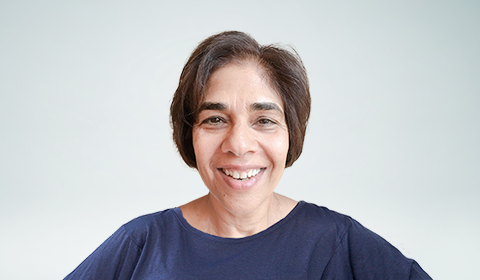COVID-19 is a highly infectious viral disease associated with significant morbidity and mortality, particularly in the elderly and those with impaired immunity and underlying cardiorespiratory conditions.
In England, for example, for those becoming severely ill and requiring hospitalization, the risk of death was one in four early in the pandemic and remained nearly that high through June for those admitted to intensive care units. The battle to save lives involves reducing the risk of infection through test, track, and trace programs and developing an effective vaccine.
There is no recognized cure for COVID-19 to date, however, a global, concerted research effort studying more than 150 different drugs is currently underway. The two largest clinical trials evaluating potential treatments are RECOVERY in the U.K., and SOLIDARITY, an international trial launched by the World Health Organization (WHO).
What is the purpose of the RECOVERY and SOLIDARITY clinical trials?
Both trials are evaluating the effect of various drugs in addition to standard medical care in hospitalized COVID-19 patients regarding three important outcomes: mortality, need for assisted ventilation, and duration of hospital stay. The simple design of each trial has allowed rapid patient recruitment, which is essential for finding an effective treatment quickly. As the trials progress, it is also possible to add any potentially effective, new drug as it becomes available. An important advantage of running such large, randomized trials is that they can generate very strong evidence of the effectiveness of potential treatments within a short time frame. Previous pandemics have suffered from confounding results generated by small and inconclusive studies.
What are the results to date?
Since rolling out across the U.K. in March, the RECOVERY trial has recruited more than 11,000 patients from 175 hospitals. SOLIDARITY has enrolled almost 12,000 patients from 500 hospital sites in over 30 countries.
Both trials have not shown any benefit from the anti-malarial drug, hydroxychloroquine, nor the lopinavir/ritonavir antiviral combination used in HIV patients. SOILDARITY also found that remdesivir (an antiviral with some activity against MERS-CoV and SARS-CoV) and interferon had little or no effect.
RECOVERY has reported that low-dose dexamethasone (6mg daily given orally or intravenously) reduced the death rate by one third in those with severe respiratory complications from COVID-19 virus infection. The number of patients requiring oxygen alone was reduced by one fifth. Adding dexamethasone to standard care for patients not requiring any respiratory support showed no benefit related to all three outcomes.
Thus far, only dexamethasone has proven to be effective for severe and critical COVID-19 cases. RECOVERY has shown that one in eight deaths were prevented in those requiring mechanical ventilation. For those requiring oxygen alone, one in 25 deaths were prevented.
However, the death rate remains too high and new approaches are required.
What can be expected from the trials in the future?
The antiviral “cocktail” RGN-COV2 is a mixture of two monoclonal antibodies specifically designed to target the virus causing COVID-19. It binds to the protein spikes on the surface of the virus and prevents it from attaching to human cells and replicating, allowing the immune system to attack the virus. Prevention and treatment studies in non-human primates have shown a reduction in the amount of virus and associated damage in the lungs. Early results in outpatients with mild-to-moderate symptoms are promising, with faster recovery and a good safety profile. RECOVERY is the fourth late-stage randomized clinical trial using this drug, and it is anticipated that 2,000 patients will receive RGN-COV2. In addition, it is also being studied for the prevention of COVID-19 in household contacts of infected individuals.
RECOVERY is also evaluating the antibiotic azithromycin, the anti-inflammatory tocilizumab, and since May, convalescent plasma from recovering patients.
Summary
It has been an incredible achievement to launch robust, large-scale research in the U.K. and globally within such a short time frame. Demonstrating that a widely and cheaply available steroid, dexamethasone, reduces morbidity and mortality in those with severe infections is a significant advance, and avoiding expensive drugs with potentially severe side effects is an important result. RGN-COV2 is the first specifically designed treatment against the virus causing COVID-19 and holds the greatest promise for treatment of the full spectrum of infection – from prevention in contacts to treatment of severe infections in hospitalized patients.



